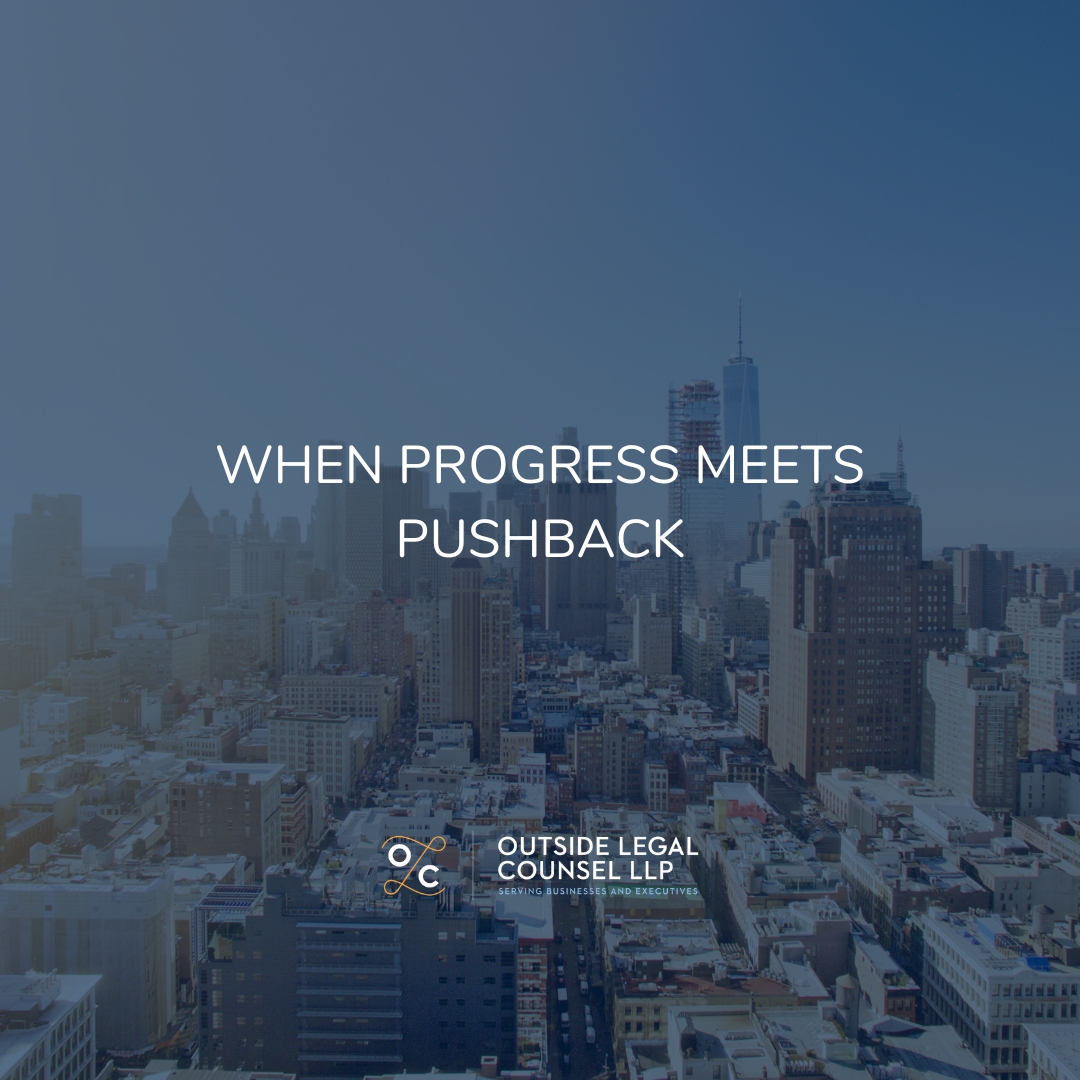

In the heart of Manhattan’s Chelsea neighborhood, a major redevelopment plan aimed at revitalizing aging NYCHA housing has triggered fierce opposition—not from the tenants who would benefit most, but from some of their wealthiest neighbors. The ambitious public-private initiative, led by the city in partnership with Related Companies and Essence Development, proposes replacing the crumbling Fulton and Elliott-Chelsea Houses with a new, mixed-income community featuring modernized public housing, affordable apartments, local retail, and public green spaces.
But despite the promise of safer, healthier homes and revitalized infrastructure, some residents living in multimillion-dollar brownstones nearby are rallying to stop the project. Their resistance has reinvigorated a longstanding debate in New York City: when is community advocacy about protecting neighborhoods, and when is it simply NIMBYism dressed in progressive rhetoric?
The redevelopment would replace 2,056 deteriorating NYCHA units—plagued by lead, mold, broken elevators, and intermittent heating—with brand-new housing for all existing residents. No one would be displaced without a guaranteed return to a modern, code-compliant home. In addition, the plan calls for 3,500 mixed-income units, inviting a more socioeconomically diverse population and infusing much-needed investment into public infrastructure.
The design marks a decisive shift from the “superblock” model of postwar public housing to a more integrated, urbanist approach with accessible parks, retail, and street-level activation—a nod to the city’s “City of Yes” housing initiative to counteract the affordable housing crisis with thoughtful densification.
Yet the loudest voices in opposition do not come from inside the NYCHA community. Chelsea residents like Lydia Andre and Layla Law-Gisiko—both living in million-dollar homes—have led a high-profile campaign against the project. Their objections range from construction disruption to alleged fears of displacement, privatization, and environmental injustice. Law-Gisiko has called the plan “wrong on so many levels,” citing concerns over the use of public funds to benefit private developers, despite the fact that 91% of the project is taxpayer-funded and two separate legal agreements preserve tenant rights and ensure their return to new apartments.
In perhaps the most controversial move, Andre, who admits she does not want to endure 16 years of construction near her home, has backed a protest candidate to challenge City Councilmember Erik Bottcher, a supporter of the project.
Critics of the opposition, including NYCHA tenant leader Miguel Acevedo, suggest the campaign is driven more by self-interest than community concern. “People always say, ‘Not in my backyard,’” Acevedo said. “I’ve never seen what I’m seeing today with people outside of the development who don’t live here and don’t understand how unhealthy the conditions are here.”
The pushback has stirred anxiety among residents, especially seniors, about being caught in the crossfire of a high-stakes political dispute. But from a legal standpoint, the city has taken unprecedented steps to secure tenant protections. Agreements between NYCHA and Related include enforceable provisions ensuring residents will receive replacement units, with phased demolition allowing most to remain on-site during construction. Only about 6% of residents may need temporary off-site housing.
Moreover, the city’s six-year planning process included hundreds of meetings and workshops, giving residents a meaningful seat at the table. According to NYCHA, this collaboration was designed to address over $900 million in overdue repairs and to ensure that redevelopment aligned with residents’ priorities and dignity.
This battle reflects deeper systemic tensions between progressive ideals and entrenched privilege. While the opposition claims to champion affordability and environmental justice, their resistance to one of the few shovel-ready, community-vetted plans for public housing renewal in decades raises questions. Why oppose a project that promises modern, code-compliant homes, environmental remediation, and protected tenant rights?
At its core, this is not just a planning dispute—it’s a legal and ethical inflection point about who gets to shape New York City’s future. As the city grapples with historic housing shortages and aging public infrastructure, projects like the Fulton and Elliott-Chelsea redevelopment serve as test cases for public-private collaboration, community engagement, and the legal durability of tenant protections.
At Outside Legal Counsel LLP, we specialize in guiding clients through complex real estate and regulatory compliance. Our expertise ensures that projects not only meet legal requirements but also align with community interests and stakeholder expectations. Contact us today to learn how we can assist in successfully navigating the multifaceted landscape of large-scale development projects.
This is not legal advice and is attorney advertising.
Disclaimer: Nothing on this website is or should be construed as legal advice. An attorney-client relationship does not exist with our firm unless a signed retainer agreement is executed, and we do not offer legal advice through this site or any of the content located on it. For legal advice for your particular circumstances, please contact us directly.